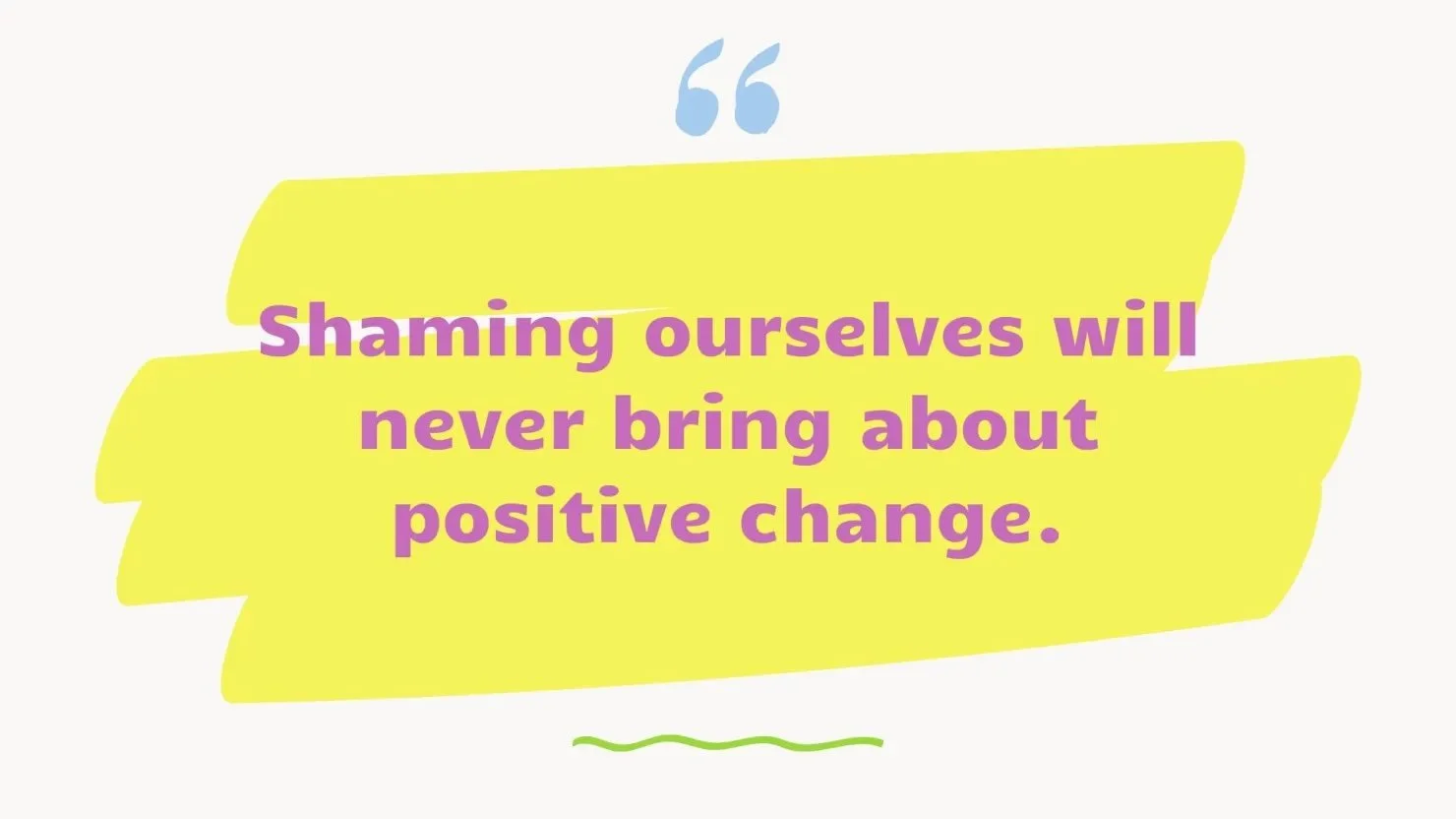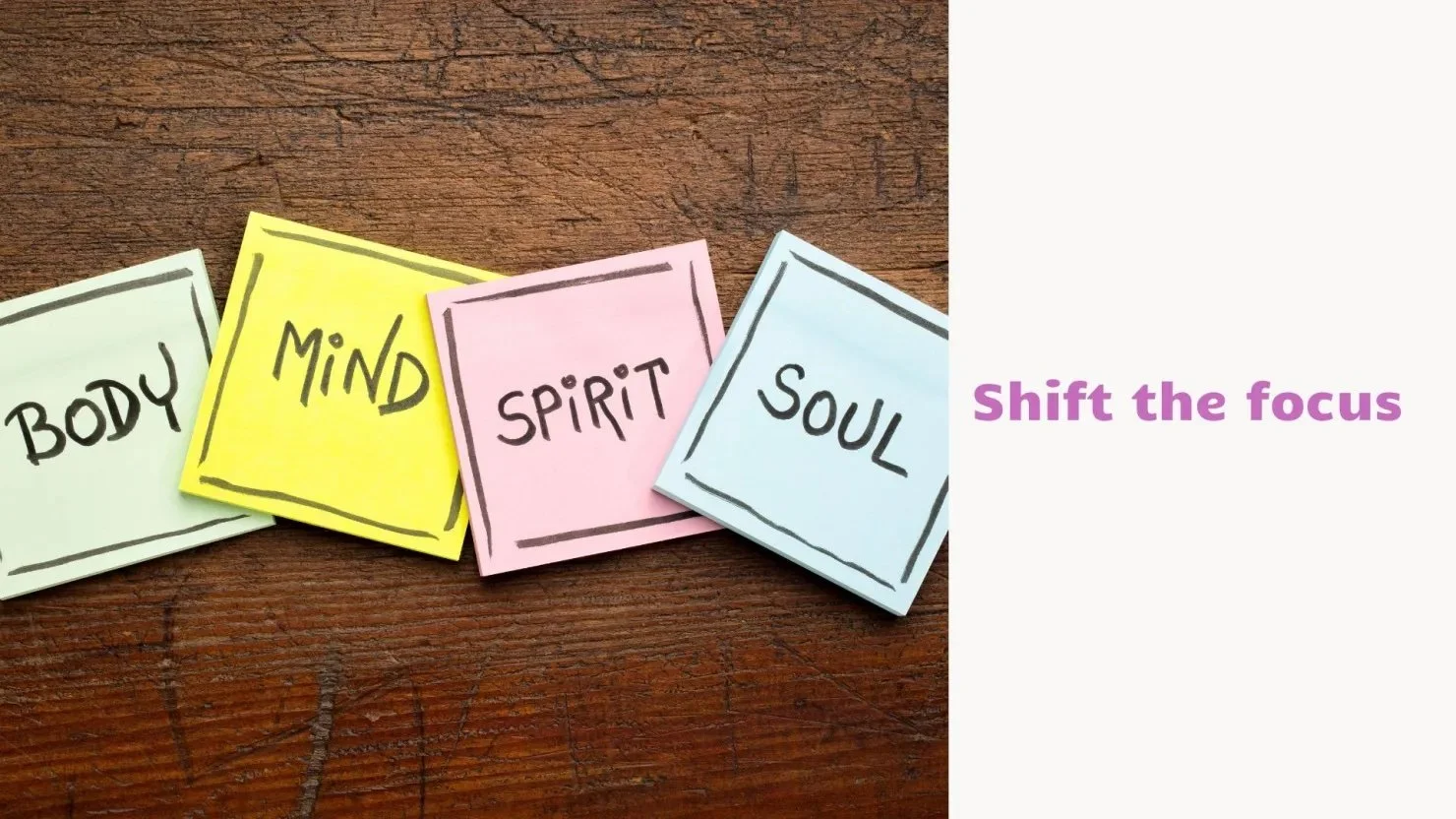Breaking Free from Diet Culture in 2025
The new year is here, and you may have found your thoughts turning to new year’s resolutions, something we have been doing since the stoics.
There’s something about the promise of a new year that can bring with it a sense of energy and momentum. For many the new year can be thought of as a blank page, a chance to make a fresh start. It also gives us a moment to reflect and take stock of the previous year and think about changes we’d like to bring about, or goals we’d like to set, whether that’s personal or professional.
For many people, the focus tends to be on losing weight (45% of the UK population in 2024) or improving their diet (42% of the UK population in 2024). If this resonates with you, there’s an important element to consider before diving headfirst into making any changes. The one thing I’d like you to reflect on this year is where your intention for change is coming from. Is your intention driven by guilt or shame about your body, or is it coming from a place of wanting to nurture your health and care for your overall well-being? This is an important distinction because if your intention is coming from a place of guilt or shame, your thoughts, feelings, and actions towards yourself, and about yourself, are going to be very different than if your intention is coming from a place of self-compassion and kindness.
Check where your intention is coming from
Intentions coming from a place of blame or shame may lead to unsustainable or harmful behaviours, while intentions rooted in self-care foster healthier, more lasting changes. If we’re coming from a place of hating our reflection in the mirror, we’re more likely to put the focus solely on appearance which may mean we’re more likely to sign up to punishing diets or extreme workouts. This can also lead us to making weight the most important marker outside of experiences or skills learnt, so that you start judging how you’re doing based on an external number. What happens when we don’t make the weight loss goal or we regain the weight at the end of the diet is that we feel we’ve failed, that we lack motivation, that our bodies are broken, that you’re unworthy as you are.
Risks of dieting
Focusing solely on body shape and size can also lead us to restricting food, which can put us at risk of:
nutritional deficiencies,
loss of lean muscle mass,
increased hunger and cravings,
lower metabolic output
damaging our relationship with food.
Focusing only on the number on the scale or your jean size can also lead us to believe that health looks a certain way, i.e. a smaller body size. When in truth we cannot judge health by weight and shape alone.
What could we do instead of dieting?
Something to experiment with for 2025 might be to shift the focus away from solely being on weight and shape and to focus on your overall well-being instead. A gentle reminder that health encompasses your physical, mental, and emotional well-being. By widening the focus to consider our overall wellbeing this January, we shift away from the narrow, restrictive rules that accompany diet culture which allows us to think about how we want to feel in our body. In practice this could like adopting healthier habits such as managing stress, improving sleep quality, incorporating joyful movement, and prioritizing rest. It could also involve nurturing meaningful relationships and connections with others. These aspects of life contribute significantly to your health, independent of weight or shape, and can create a more balanced and fulfilling approach to self-care.
Mindset matters
Finally, a word on mindset. Shifting our mindset to one of self-compassion allows us to make choices that not only respect and honour our body but also embrace a beginner’s mindset—one that allows us the freedom to make mistakes, learn from them, and persist with our goals without judgment. There’s also compelling evidence to show that self-compassion helps us to regulate our emotions. By soothing ourselves in difficult moments, we’re much less likely to engage in behaviours that affect us negatively. Instead, self-compassion allows us to recognise we’re human and treat ourselves with kindness which helps maintain the motivation needed for meaningful behaviour change, because here’s the thing, shaming ourselves will never bring about positive change. For more on the science and practice of self-compassion, Kirstin Neff’s book Self-Compassion is an excellent and inspiring read to kick off the new year.
I hope this has been useful, as ever if you need help ditching the diet and finding peace with food this year, then please do get in touch.
You might also like…








